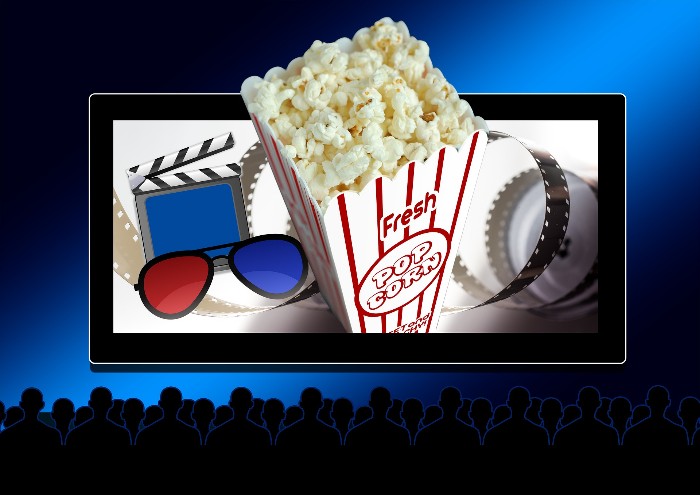Blog
-

Subtitles And Audio Descriptions, Not A convenience… A Necessity!
 26 Apr , 2018
26 Apr , 2018
Subtitles And Audio Descriptions, Not A convenience… A Necessity!
Imagine yourself as a person who is blind or deaf.
Now imagine that you are also a huge Marvel comic book fan. The new Avengers movie comes out next week and you are extremely excited about it. That excitement, however, is immediately dampened by the fact that you may not be able to have the accommodations to help you enjoy the movie.Those who are deaf are not guaranteed subtitles in theatres. For those with visual disabilities, there are usually no audio descriptions available to help them enjoy the movie. Of course, there are exceptions to this, like having a person accompanying and assisting you, but this is not always realistic or convenient.
It is estimated by the World Health Organization that 253 million people live with vision impairment, 36 million being blind and 217 million having moderate-to-severe vision impairment. Additionally, there are around 466 million people worldwide who have hearing loss, 34 million of these being children. You likely know someone who has been affected by visual impairment or deafness. Those with disabilities exist all around you, like family members, neighbors, classmates, etc.
I happen to know people from both communities. One of my best friends has been deaf in his right ear since birth. We’ve been navigating this since we were children- I always sit to his left. I work with an individual with special needs who has a cortical visual impairment, which essentially means he is legally blind. He can see a little bit from a certain angle, which is to his top right, but that is all. His world is mainly an auditory world. When we watch a movie, I have to describe what is going on to him.
It’s simple: I do what I can to make their lives a little bit easier. Movies should be enjoyed by all, not just people without disabilities. Why don’t we have subtitles or audio descriptions more widely available?
My answer is that the world is made for the seeing and hearing. It’s easy to forget that not everyone has that luxury. Yes, it would take time and effort to create subtitles and audio descriptions for movies and television. But it would be well worth it for people who have been left out of enjoying movies and television.
For example, Netflix’s “Daredevil,” in which the main character is blind, did not have audio descriptions of the show when it was initially released. People in the blind community were understandably annoyed. Very few shows have characters, let alone superheroes, who are blind.
This was a chance to identify with a hero and they weren’t able to do so. The fictional character Matt Murdoch, who goes by the alias Daredevil in the show, wouldn’t have been able to watch his own show if it weren’t for a dedicated base of visually impaired people demanding an audio description for it. Most shows on Netflix now have audio description, however, most are in English and there are few in other languages.
Strides have been made for the deaf community, most recently with the release of “A Quiet Place,” which is driven by an American Sign Language-based dialogue with on-screen subtitles, as well as featuring deaf actress, Millicent Simmonds.
Subtitles should be standard for all the movies in theaters. Some are worried it could be distracting but the words don’t take up much of the screen. Let’s not forget, movies didn’t always have sound- they used to all have subtitles!
Subtitles can actually be helpful for those who do not don’t have a hearing impairment as well. I often catch things that I missed and use them on Netflix and Hulu. Employing subtitles is a compromise we can afford to make for the millions of deaf people that would like to enjoy movies too.
People shouldn’t have to try to read lips throughout the entire movie or have to wait months for it to come out on DVD. We need to find a way to include individuals who are blind and want to visit movie theaters. I think we should have on-site audio description for them, whether it is from a person or from some sort of device that has an in-sync recording.
Source: THE CAROLINIAN WEB, Bruce Case
Image credit: Pixabay





























































































































































































































































































































































































































































































































































































